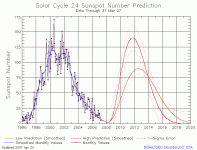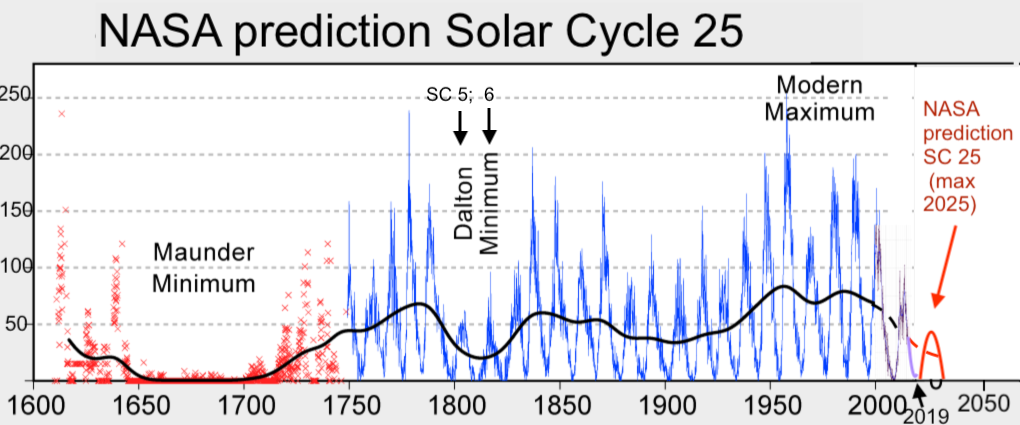- Joined
- Dec 22, 2012
- Messages
- 66,501
- Reaction score
- 22,160
- Location
- Portlandia
- Gender
- Male
- Political Leaning
- Libertarian - Right
I know.The lithium-ion batteries in EVs include heaters to keep them above freezing when they are in operation. Of course those heaters also require power, and that also has to be factored into the battery drain. You also never want to charge a frozen lithium-ion battery. Doing so even once will result in a sudden, severe, and permanent capacity loss on the order of several dozen percent or more, as well a similar and also permanent increase in internal resistance. You will effectively destroy your battery if you attempt to charge it when it is too cold. If it is too hot, it will not accept a charge, you will also damage the battery, and it could start a fire.
From dead cold, how long and how much power does it take to warm the batteries?
These true believers don't understand such concepts.






